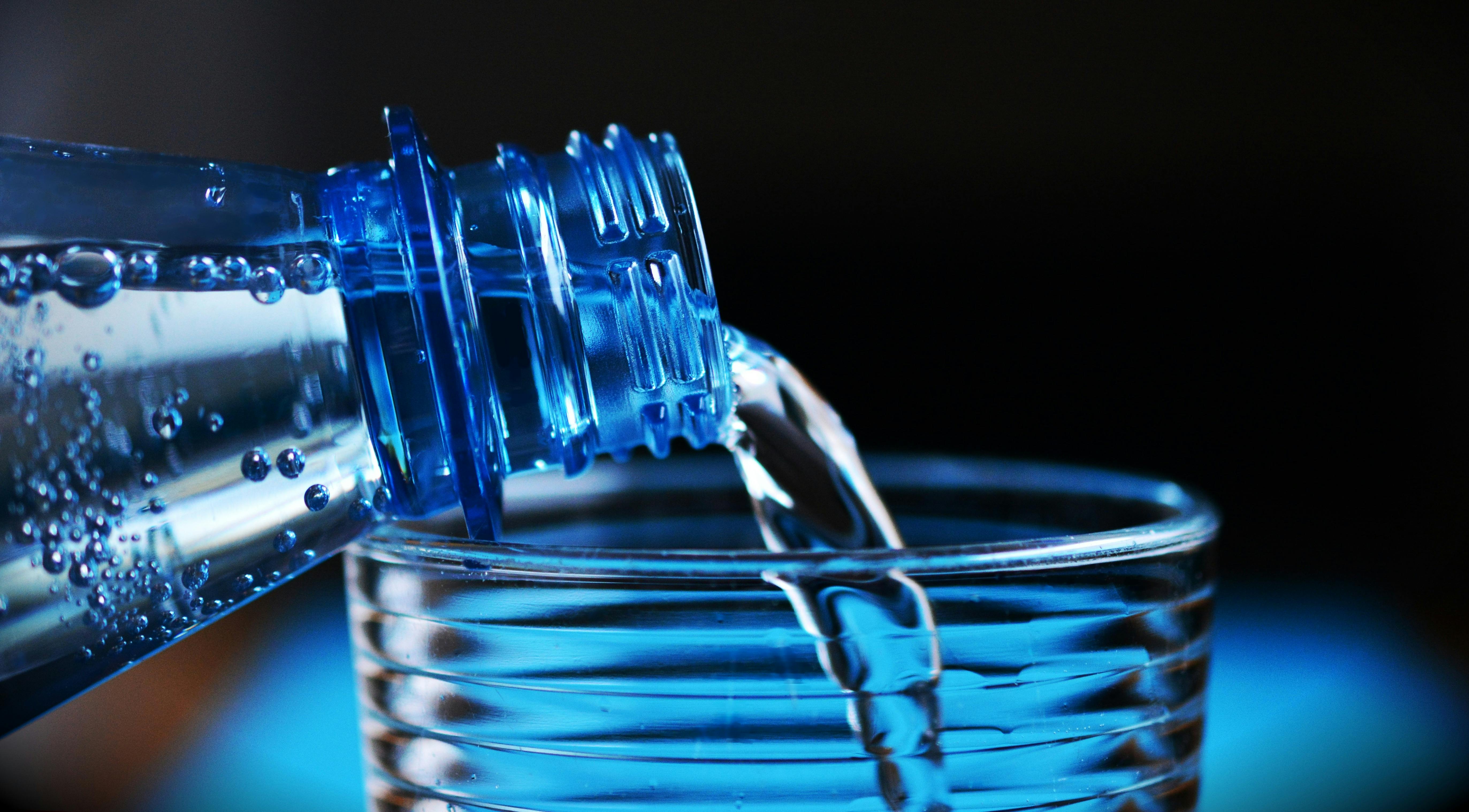
Every athlete understands the importance of staying hydrated, but what if the traditional advice of ‘drink water and replace electrolytes’ is just the tip of the iceberg? This article explores groundbreaking hydration strategies designed to boost endurance beyond conventional wisdom. Prepare to dive into a well of knowledge that could redefine your hydration habits and elevate your performance to the next level.
The Science of Hydration
Before delving into innovative strategies, it’s crucial to understand why hydration holds such sway over our physical capabilities. Hydration affects not just our muscles and physical response times, but also significantly impacts our cardiovascular health, thermoregulation, and even cognitive function—all key components of endurance. Yet, the science suggests that over or under-hydration can lead to diminished performance and, in extreme cases, health risks.
Hydration Quality Over Quantity
Gone are the days when drinking vast amounts of water was seen as the pinnacle of hydration. Today, we understand that the quality of what you hydrate with can have significant effects. This means considering not just water, but the pH levels, electrolyte balance, and even the temperature of your hydration sources. Tailoring these factors can help improve absorption and utilization by the body.
In the quest for optimized hydration and endurance, incorporating an electrolyte drink mix into one’s routine can be beneficial, offering a blend of electrolytes with added support for recovery and energy production without added sugars. This modern approach to hydration can complement both pre-workout preparation and post-exercise recovery, aligning with the latest insights into athlete nutrition and hydration science.
Timing Your Hydration
The concept of ‘when to drink’ is just as important as ‘what to drink.’ Research indicates that hydrating too close to physical activity can lead to discomfort or dilution of electrolytes while drinking too early might mean not being optimally hydrated when you really need it. Innovative strategies include ‘preloading’ hydration several hours before intense activity, allowing the body to regulate fluid levels more efficiently.
Utilizing Natural Hydrators
Beyond the bottle, numerous natural sources can enhance hydration. Foods with high water content, such as cucumbers, strawberries, and watermelon, play a crucial role in maintaining hydration and providing a slow-release mechanism for water absorption. Integrating these foods into your diet, especially in pre-workout meals, can provide a substantial boost to your overall hydration strategy.
Hydration for Recovery
Hydration doesn’t stop once you cross the finish line. Post-exercise hydration is pivotal for recovery, helping to flush out toxins, restore electrolyte balance, and prepare the body for the next challenge. Innovative recovery hydration practices include varying fluid intake based on the intensity and duration of the exercise, and incorporating recovery drinks that provide both hydration and necessary nutrients for muscle repair.
Monitoring Your Hydration
In the era of smart technology and wearables, monitoring hydration levels has never been more accessible. Numerous devices now offer hydration tracking based on biofeedback, such as sweat rate and sodium loss. Such tools can provide real-time data to adjust hydration strategies on the fly, ensuring optimal performance and minimizing the risks of dehydration.
Enhancing Hydration Through Technology
With advancements in technology, athletes can now access personalized hydration solutions. From AI-driven apps that recommend hydration levels based on workout intensity and conditions to smart water bottles that remind you to drink and track your intake, technology is revolutionizing the way we think about hydration. These tools make it easier for athletes to stay ahead of their hydration needs, ensuring they are always performing at their best.
Psychological Aspects of Hydration
Hydration also has a mental component, affecting mood, focus, and motivation. Understanding the psychological effects of hydration can inspire athletes to prioritize it not just for physical health but for mental well-being. Engaging in mindful drinking practices, recognizing signs of dehydration, and staying positively hydrated can enhance overall performance and lead to more enjoyable and successful training sessions.
Hydration and Climate Adaptation
Climate plays a significant role in hydration needs. Athletes training in hot and humid conditions will have different requirements than those in cooler, drier climates. Adapting hydration strategies to environmental conditions is crucial for maintaining peak performance and avoiding heat-related illnesses. Innovative solutions include wearable cooling technologies and climate-adapted hydration formulas that help athletes maintain a balance, no matter the weather.
Conclusion
The quest for peak physical performance is a journey that demands constant adaptation and innovation. Hydration, as a cornerstone of endurance, is no exception to this rule. By embracing these innovative strategies and tailoring them to your personal needs, you can ensure that your hydration practices are not just meeting the minimum standards but are optimized for maximum endurance and recovery. Remember, in the realm of health and performance, every drop counts.
